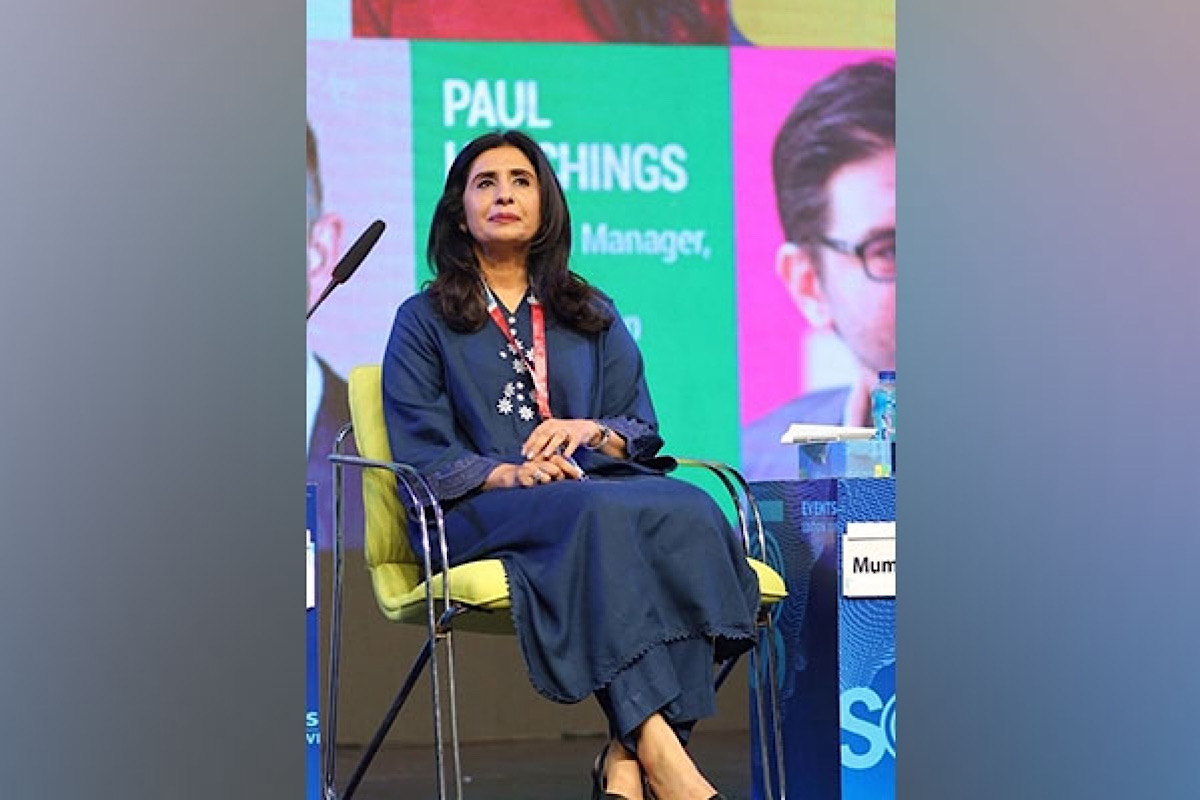The Pakistan Foreign Office on Thursday responded to the United Nations’ apprehensions regarding terrorist attacks aimed at election campaigns and the involvement of women in the electoral process, as per Pakistan based Dawn reported.
The statement comes following the UN Office of the High Commissioner for Human Rights expressing concerns about terrorist assaults and the breach of the law mandating political parties to allocate five percent of tickets to women.
According to Dawn, in a statement released on Wednesday, Foreign Office spokesperson Mumtaz Zahra Baloch said the authorities have finalised security plans for the countrywide exercise, as per relevant laws.
Advertisement
“Pakistan is fully committed to foster an inclusive democratic process, uphold the rule of law and protect human rights and fundamental freedoms guaranteed in its laws and Constitution,” the statement added.
Responding to the UN body’s concerns regarding the “harassment, arrests, and prolonged detentions” of PTI leaders and supporters, the spokesperson reiterated that Pakistan’s judicial system ensures a “fair trial,” with legal recourse available for “any grievances within the electoral process.”
Meanwhile, the Foreign Office confirmed the closure of border crossings with Afghanistan and Iran “to ensure comprehensive security during the general elections.”
The closures will apply to both cargo and pedestrian traffic on Thursday, with normal operations expected to resume on Friday.
The UN Human Rights body also voiced concerns about the security situation preceding the election, citing 24 reported attacks targeting political parties and election campaigns, primarily in Khyber Pakhtunkhwa and Balochistan.
Earlier in the week, the US State Department expressed reservations about challenges to freedom of expression during the ongoing electoral process.
Deputy spokesperson Vedant Patel underscored the importance of citizens’ rights, stating, “Pakistanis deserve to exercise their fundamental right to choose their future leaders through free and fair elections without fear, violence, or intimidation.”
Highlighting concerns about incidents of violence and restrictions on media freedom and peaceful assembly, Patel affirmed that it’s ultimately for the people of Pakistan to determine their political destiny.
“We want to see that process take place in a way that facilitates broad participation with respect for freedom of expression, assembly, and association” Vedant Patel had said.











